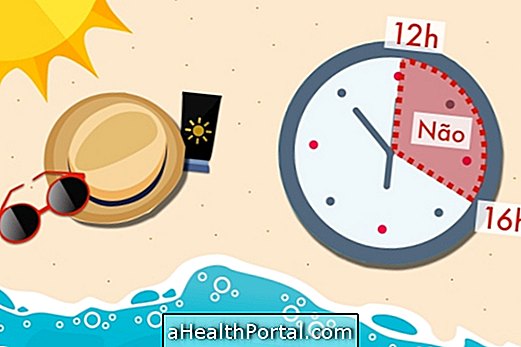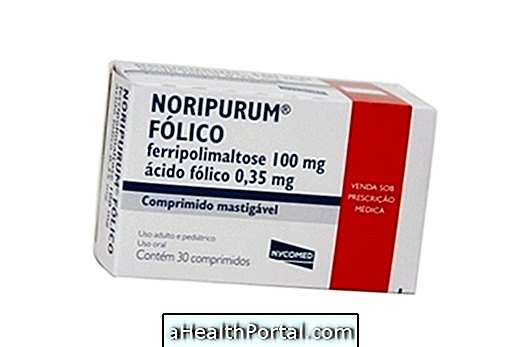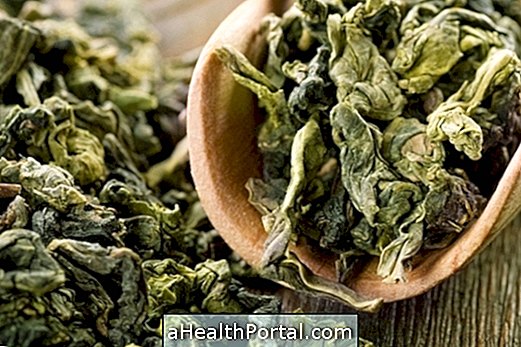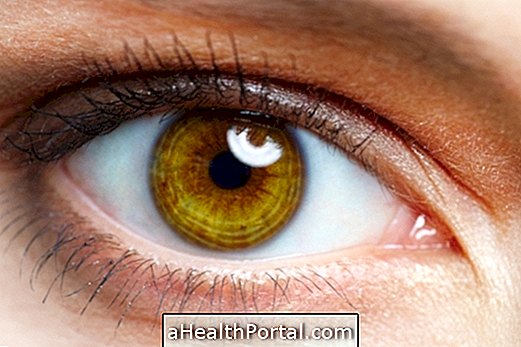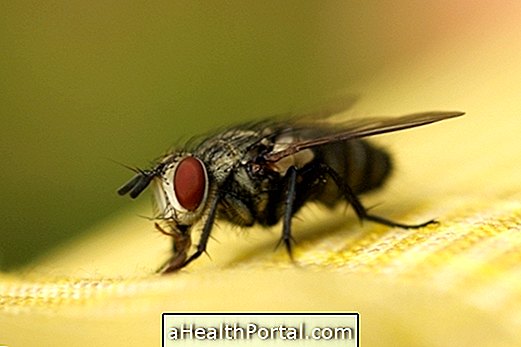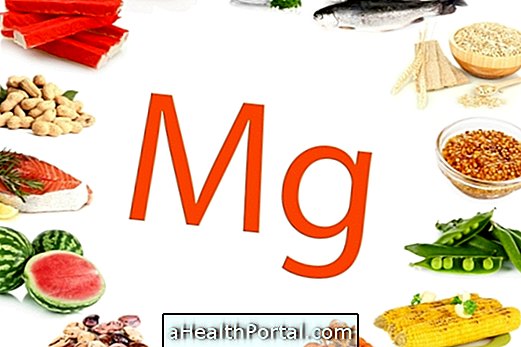Gratitude is the feeling of happiness and pleasure that can be felt by thanking something or someone, leading to the release of hormones responsible for the immediate sense of well-being.
When we thank for something or value small things from day to day, there is the activation of a region of the known brain known as a reward system, with the release of dopamine and oxytocin, which is a hormone responsible for the sense of well-being and happiness. So when we feel grateful for something, we immediately have an increase in the sensation of pleasure and, consequently, a decrease in negative thoughts. Learn more about the effects of oxytocin in the body.
Gratitude should be practiced daily, making it a habit, because this way you can have a lighter and happier life.

The power of gratitude
Gratitude has several health benefits, such as:
- Improves the sense of well-being and pleasure;
- Increases self-esteem;
- It lowers stress and negative feelings, such as anger, anguish and fear, for example;
- Improves immune system;
- Decreases blood pressure;
- It increases the feeling of generosity and compassion.
Gratitude can be interpreted as a state of mind, in which the person recognizes the small achievements of everyday life and begins to value them.
How to increase gratitude
The feeling of gratitude can be stimulated from small attitudes of everyday life, such as waking up with positive thoughts, for example, and at the end of the day reflect on the achievements.
It is important to also focus thinking on the now and conditioning happiness to specific thoughts, which makes for positive thoughts about life in general.
Thanking small things and doing something for other people also stimulates the feeling of gratitude, well-being and pleasure.



